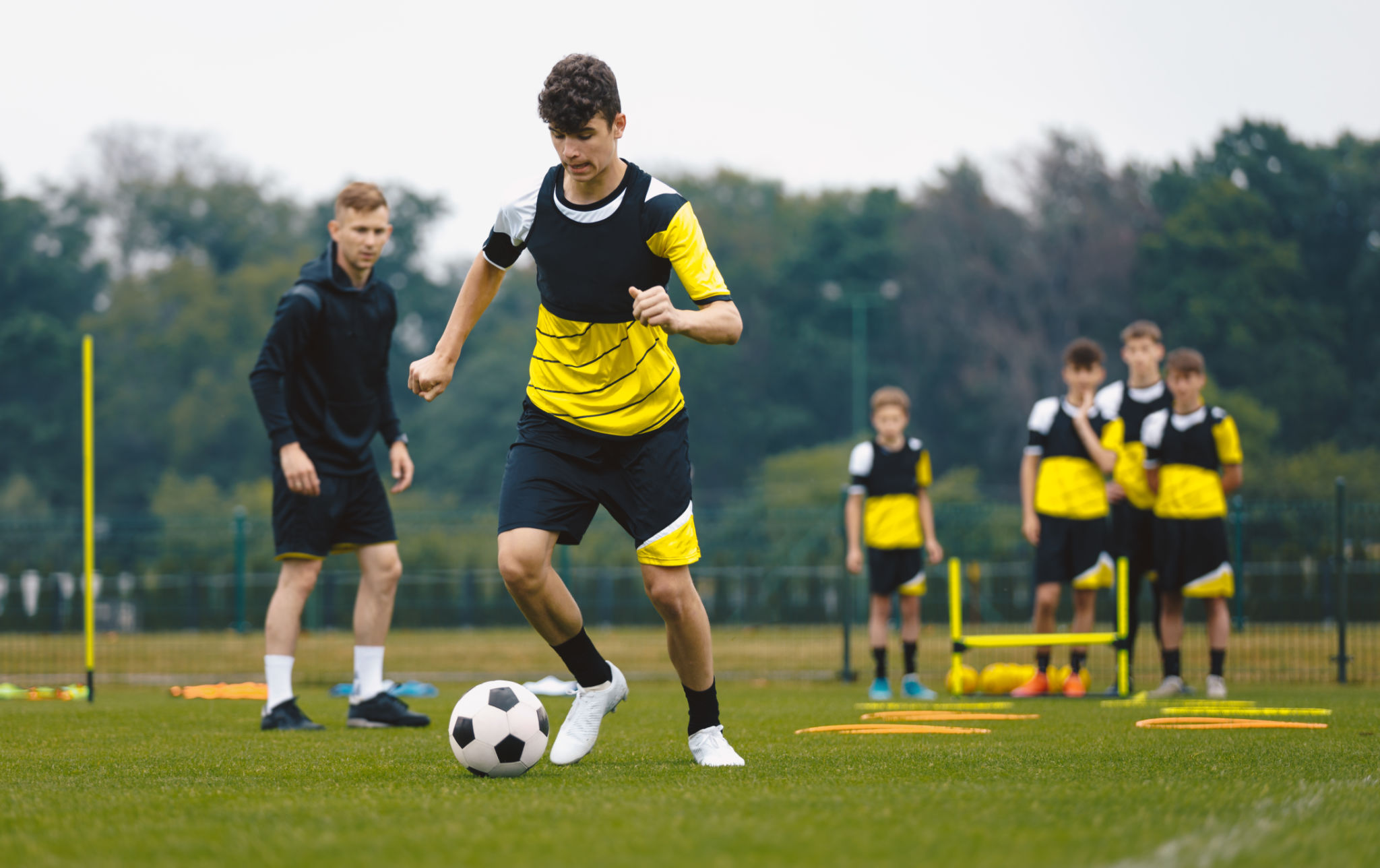Maximizing Player Development During the Off Season
Introduction to Off-Season Player Development
As the competitive season winds down, athletes often find themselves contemplating how to best utilize the off-season. This period is a golden opportunity for players to focus on individual skills, physical conditioning, and mental preparation. While it might be tempting to take a break, maximizing player development during the off-season can lead to substantial gains once the new season begins.

Setting Clear Goals
The first step in effective off-season development is setting clear, achievable goals. Players should take time to reflect on their performance during the past season, identifying both strengths and areas for improvement. Establishing specific objectives helps maintain focus and motivation throughout the off-season.
Goals can range from improving technical skills and increasing strength and conditioning to enhancing mental toughness. By having these targets in mind, athletes can create a structured plan that guides their training sessions and tracks progress over time.
Creating a Balanced Training Schedule
While skill development is crucial, it is equally important to create a balanced training schedule that includes a mix of physical conditioning, skill enhancement, and rest. A well-rounded approach ensures that players are not only improving their game but also reducing the risk of burnout and injury.

- Strength and Conditioning: Focus on building endurance, strength, and flexibility to enhance overall athletic performance.
- Skill Development: Dedicate time to refining techniques specific to the sport. This could include drills, practicing with peers, or one-on-one coaching sessions.
- Recovery: Incorporate rest days and activities like yoga or swimming to aid recovery and prevent overuse injuries.
The Role of Mental Preparation
Mental preparation is often overlooked but is a critical component of player development. The off-season is an ideal time to work on mental skills such as focus, resilience, and confidence. Techniques such as visualization, meditation, and mindfulness can help athletes enhance their mental game.
Working with a sports psychologist or engaging in mental conditioning programs can provide athletes with tools to manage stress, set realistic expectations, and maintain a positive mindset during competitions.

Evaluating Progress
Regular evaluation of progress is essential to ensure that goals are being met and adjustments are made as necessary. Athletes should periodically assess their improvements in physical fitness, technical skills, and mental toughness. Keeping a training journal or working with a coach can help provide valuable insights into what's working and what needs modification.
This continuous feedback loop not only keeps players accountable but also allows them to celebrate small victories along the way, maintaining motivation throughout the off-season.
Incorporating New Techniques
The off-season is also a great time to experiment with new techniques and strategies that can be integrated into regular play. Whether it's adopting new training methods or learning about nutrition and recovery practices, trying new things can provide a fresh perspective and keep training engaging.

Players should remain open-minded and take advantage of clinics, workshops, or online resources to expand their knowledge and skill set. This willingness to adapt and learn can significantly enhance their overall development.
Conclusion: Embrace the Off-Season
The off-season presents a unique opportunity for athletes to focus on personal growth and development without the pressures of competition. By setting clear goals, creating a balanced schedule, focusing on mental preparation, evaluating progress, and embracing new techniques, players can maximize their development during this crucial time.
Ultimately, those who dedicate themselves during the off-season will likely find themselves well-prepared and ready to excel when the new season arrives.
